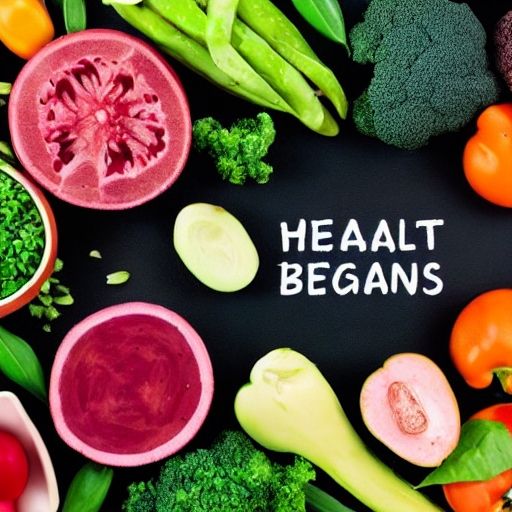Navigating the Plant-Based Movement: The Basics of Veganism and Vegetarianism

Navigating the Plant-Based Movement: The Basics of Veganism and Vegetarianism
As awareness about the impact of our dietary choices on the environment and animals continues to grow, more and more people are opting for plant-based diets. The plant-based movement encompasses a plethora of dietary choices, but two prominent options are veganism and vegetarianism. Let’s explore the basics of these two lifestyles to better understand their principles and benefits.
Veganism, a term coined in 1944 by Donald Watson, is a philosophy and way of living that seeks to exclude any form of animal exploitation. It goes beyond dietary habits and extends to clothing, cosmetics, and other consumables. Vegans avoid consuming any animal-derived products, such as meat, dairy, eggs, and honey. They opt instead for an entirely plant-based diet composed of fruits, vegetables, legumes, whole grains, nuts, and seeds. The motivations for adopting veganism often include ethical concerns regarding animal welfare, the desire to reduce environmental impact, and health considerations.
Vegetarianism, although less strict, still holds significant ethical and environmental considerations. Vegetarian diets exclude meat, poultry, and seafood, but may include dairy products and eggs. Variations within vegetarianism include lacto-vegetarians, who consume dairy but not eggs, and ovo-vegetarians, who consume eggs but no dairy. It’s important to note that while vegetarians abstain from directly consuming animal flesh, they still consume some animal by-products.
Both veganism and vegetarianism offer numerous benefits. An important ethical motivation is the belief that animals should not suffer or be exploited for human consumption. By eliminating or reducing animal-based products from one’s diet, individuals can align their actions with their values. Moreover, eliminating or reducing animal agriculture can have a significant positive impact on the environment. Livestock farming is a major contributor to deforestation, water pollution, and greenhouse gas emissions. Plant-based diets require less land, water, and resources, making them more sustainable and ecologically friendly.
Furthermore, adopting a plant-based diet has been linked to numerous health benefits. Plant-based diets tend to be rich in fiber, vitamins, and minerals while being lower in saturated fats and cholesterol. Studies have shown that these diets can reduce the risk of chronic diseases like heart disease, type 2 diabetes, and certain types of cancer. However, it’s important to ensure a balanced and varied diet to meet all nutritional needs, especially obtaining enough vitamin B12, iron, and omega-3 fatty acids, which are primarily found in animal-based products.
Navigating the plant-based movement can sometimes be overwhelming, especially for those new to the lifestyle. A great starting point is to educate yourself about the principles and motives of veganism and vegetarianism. Experimenting with new plant-based recipes and trying alternative products can also make the transition easier. Numerous resources are available, such as online communities, blogs, cookbooks, and documentaries that provide guidance and advice.
It’s important to approach plant-based living with an open mind and respect for personal choices. Some individuals may choose to adopt a fully vegan or vegetarian lifestyle, while others may prefer to reduce their overall consumption of animal products through “flexitarian” approaches. Whatever path one takes, every small step towards reducing animal exploitation and environmental damage is valuable.
The plant-based movement is undeniably gaining momentum, and the basics of veganism and vegetarianism provide a blueprint for navigating this appealing lifestyle. By making conscious choices and embracing these dietary principles, we can contribute to a greener, healthier, and more compassionate world.



